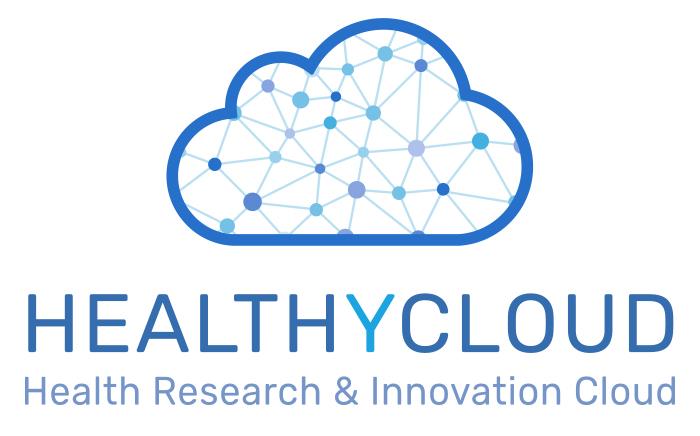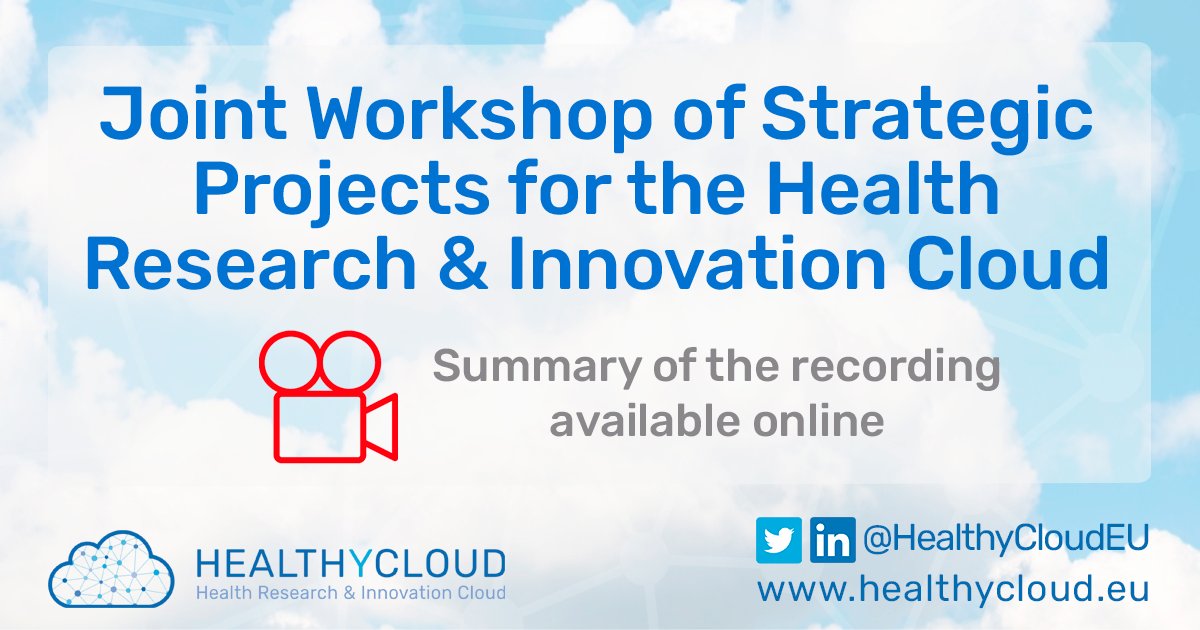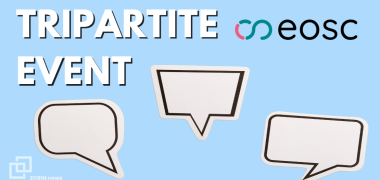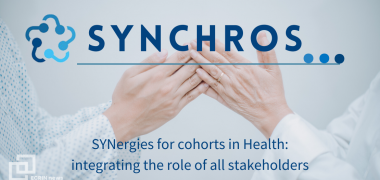Towards a Health Research and Innovation Cloud – HealthyCloud’s first workshop

The HealthyCloud project organised its first workshop, the Joint Workshop of Strategic Projects for the Health Research & Innovation Cloud on 18 May 2021. The aim of the workshop was to bring together strategic European projects and initiatives working towards making secure cross-border health data sharing a reality.
 Key representatives from HealthyCloud, EOSC-Life, B1MG, PHIRI and TEHDAS Joint Action were invited to exchange lessons learned and the best ways to tackle common challenges. The specific characteristics of each project were highlighted to optimise the use of the project outcomes, avoid duplication, and define optimal cooperation.
Key representatives from HealthyCloud, EOSC-Life, B1MG, PHIRI and TEHDAS Joint Action were invited to exchange lessons learned and the best ways to tackle common challenges. The specific characteristics of each project were highlighted to optimise the use of the project outcomes, avoid duplication, and define optimal cooperation.
Selected stakeholders from the public sector, policymakers, ethics committees, academia, industry and patients were also invited to discuss challenges of health data sharing they would like addressed within a pan-European Health Research and Innovation Cloud. They were represented by the European Commission (DG CONNECT - Directorate‑General for Communications Networks, Content and Technology, DG SANTE - Directorate-General for Health and Food Safety, DG RTD - Directorate-General for Research and Innovation), the European Patients' Forum, the Inserm (French National Institute of Health and Medical Research) Ethics Committee, Findata, the European Health Data Evidence Network (EHDEN) and the European Medicines Agency. The workshop was attended by 100 participants from 23 countries who actively enriched the discussions.
The main points raised and conclusions of the workshop were presented during the biggest digital health event in Portugal, the eHealthsummit.pt, in the session “Towards a Health Research and Innovation Cloud” which was organised on the 2 June 2021 by the Portuguese Presidency of the Council of the European Union (PPUE).
A wrap-up video summary of the workshop is available as of today, 7 June 2021, on the HealthyCloud website.
The HealthyCloud project has received funding from the European Union’s Horizon 2020 research and innovation programme under the grant agreement Nº 96534




